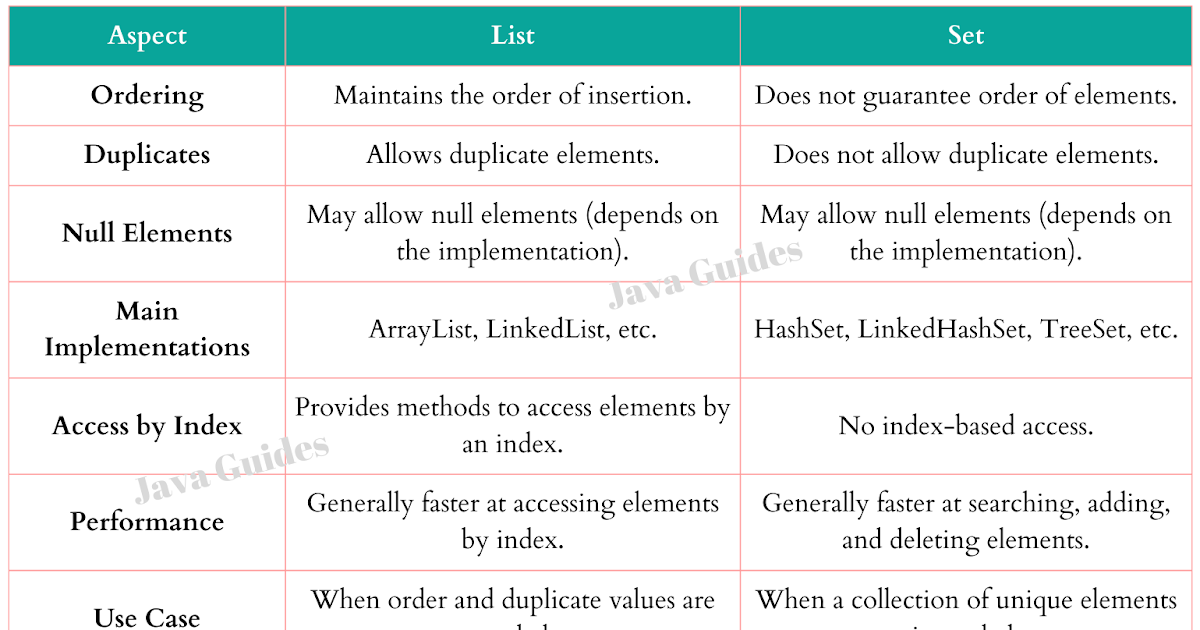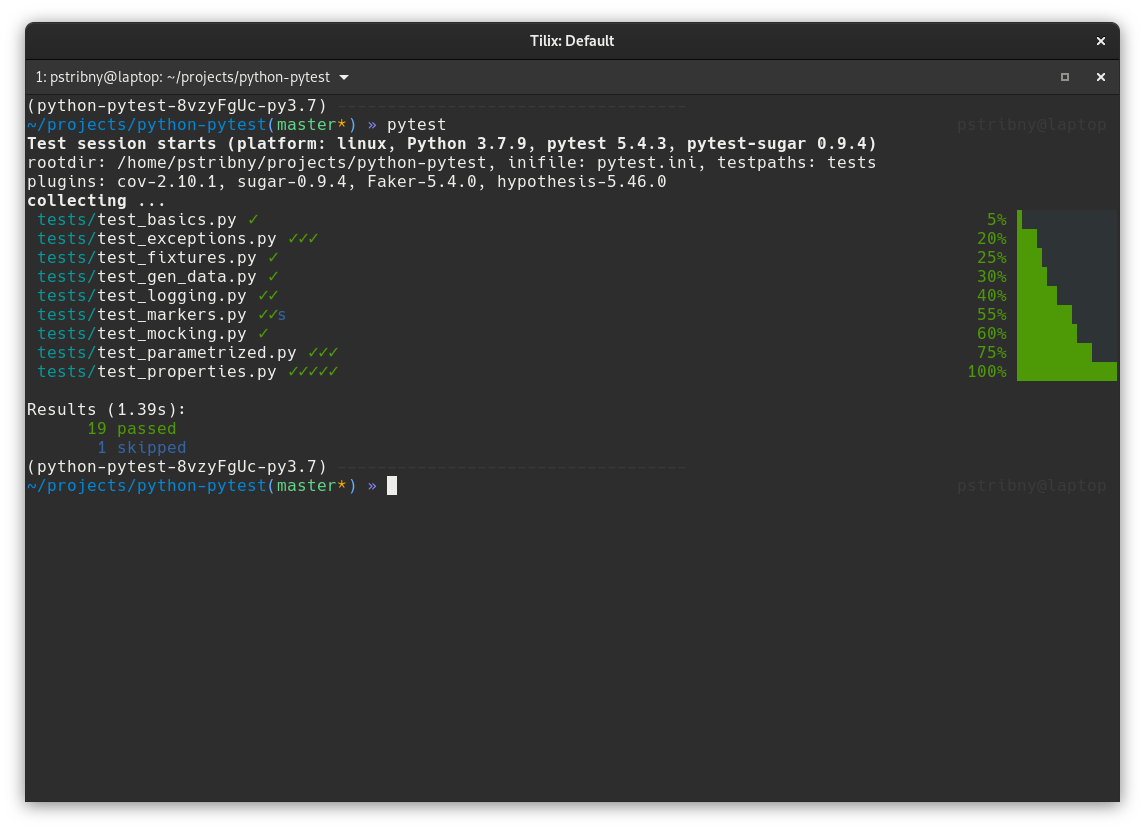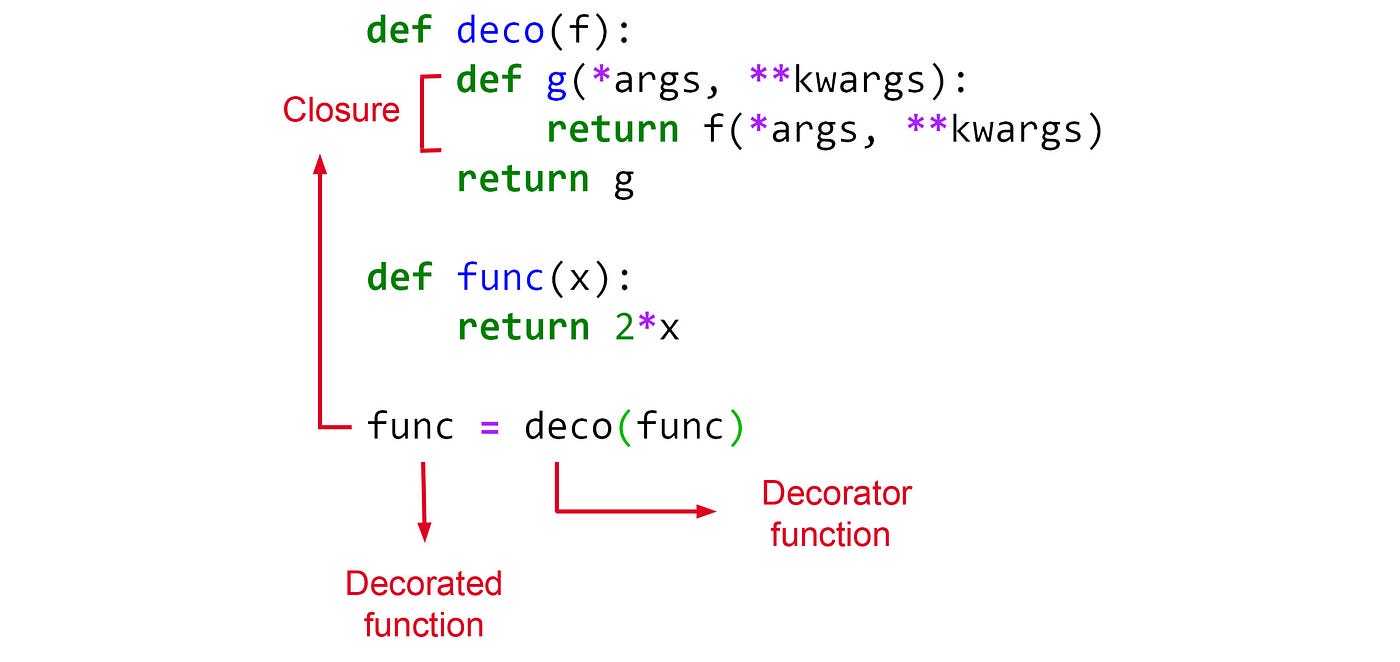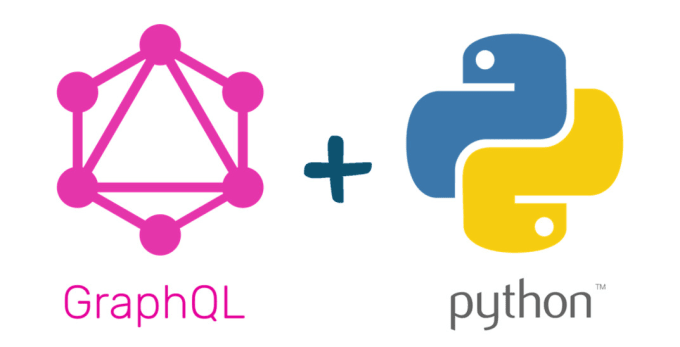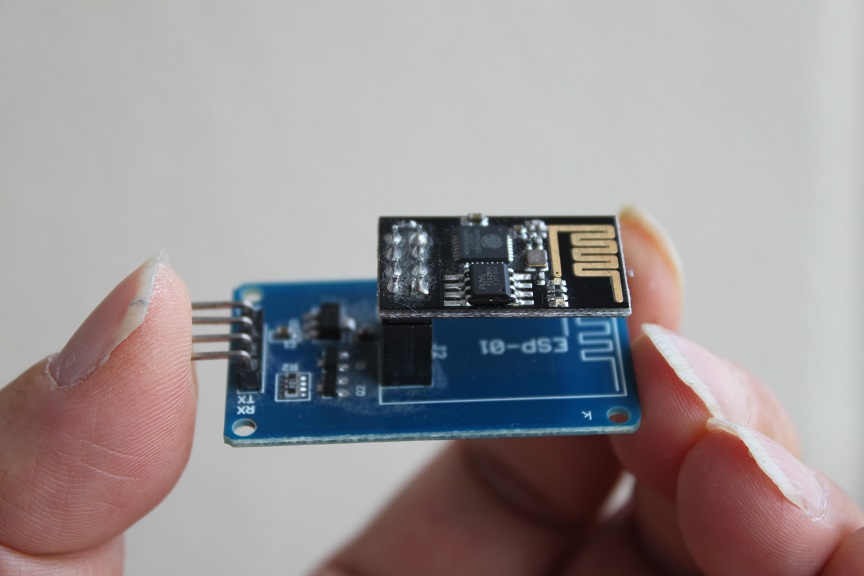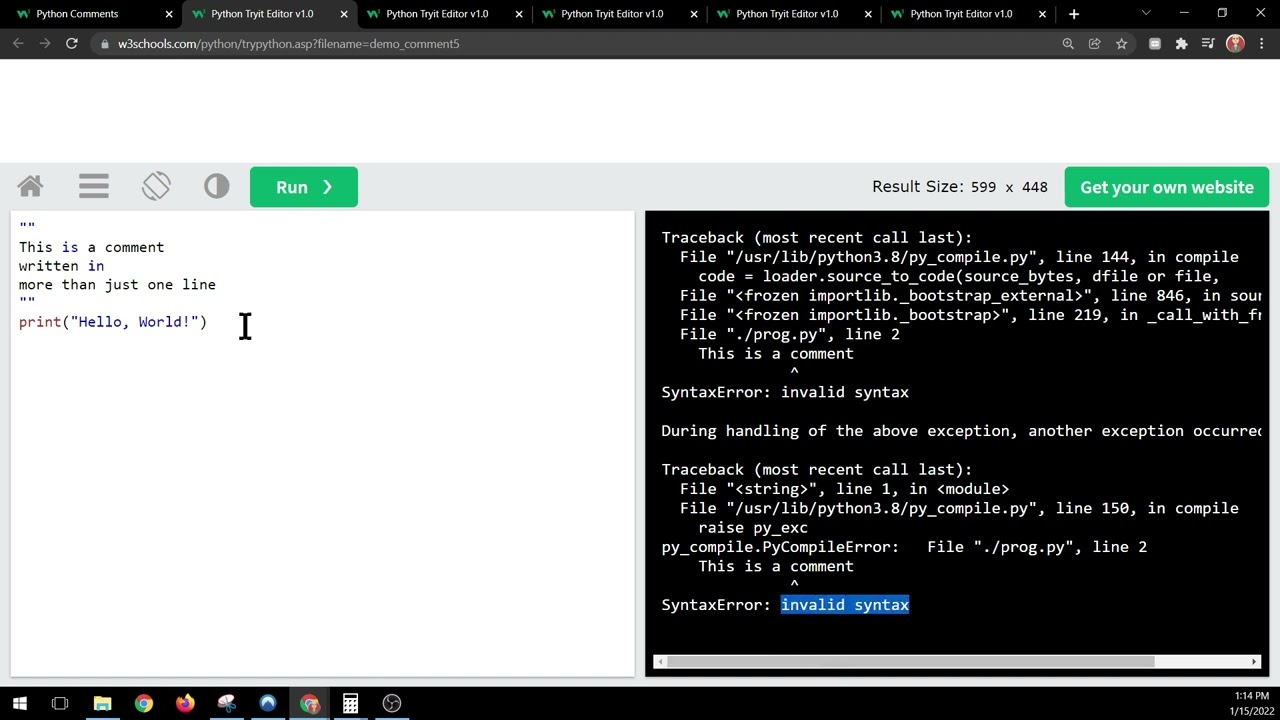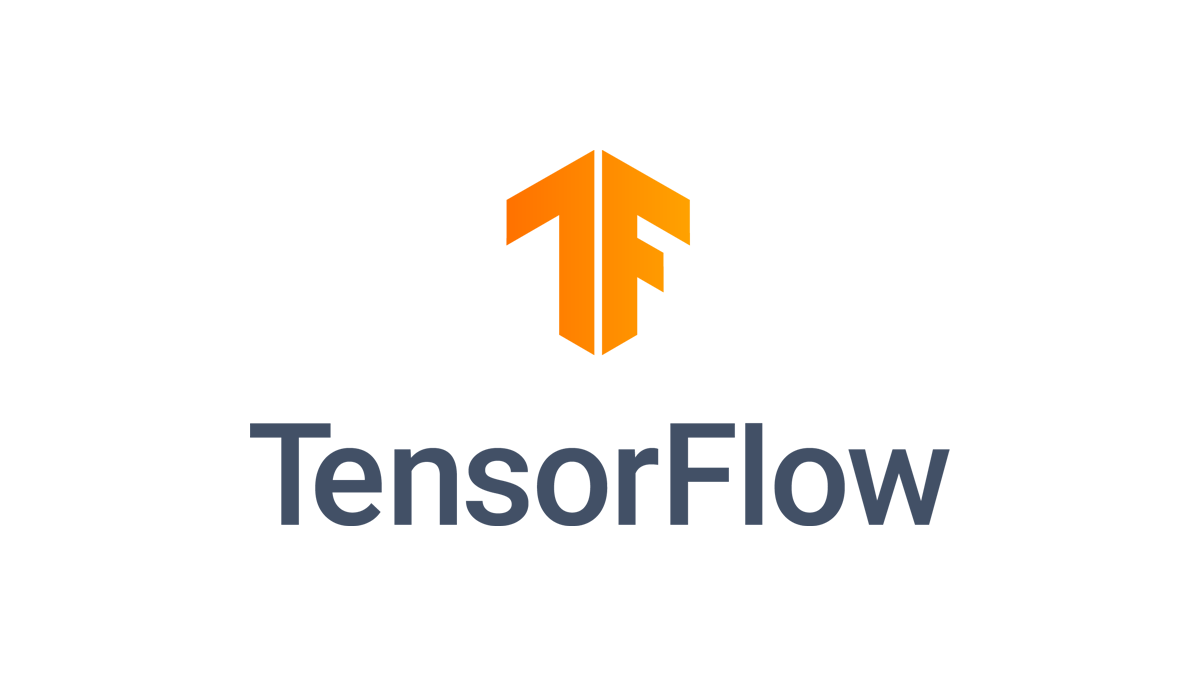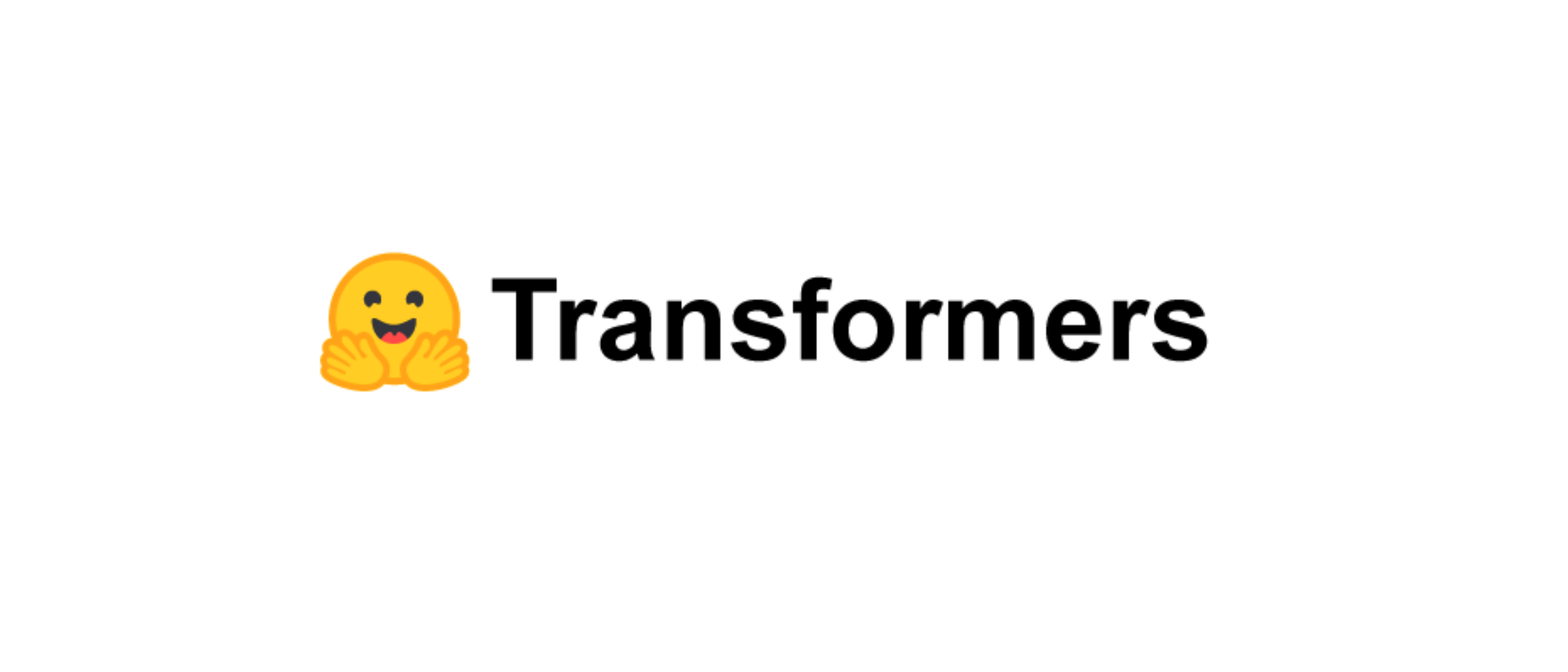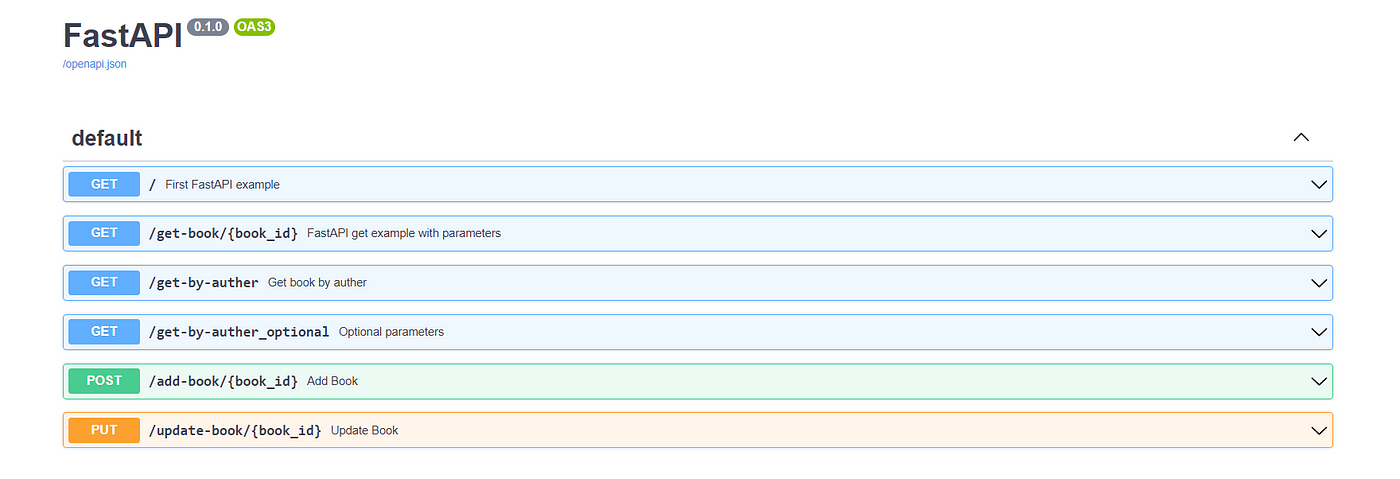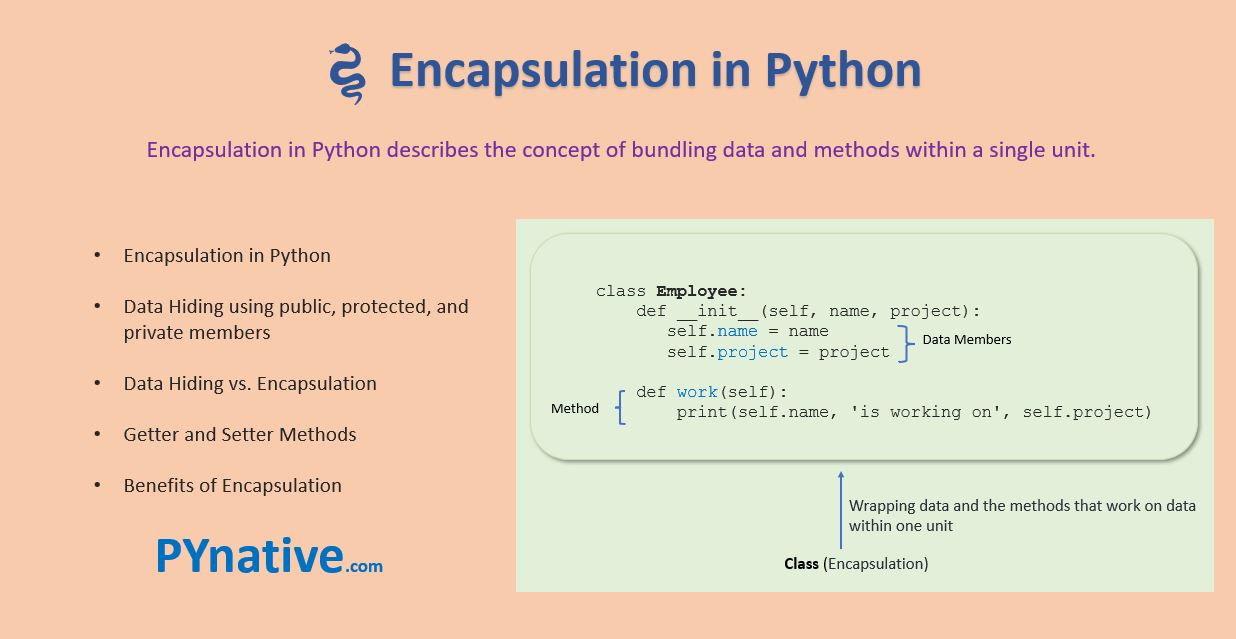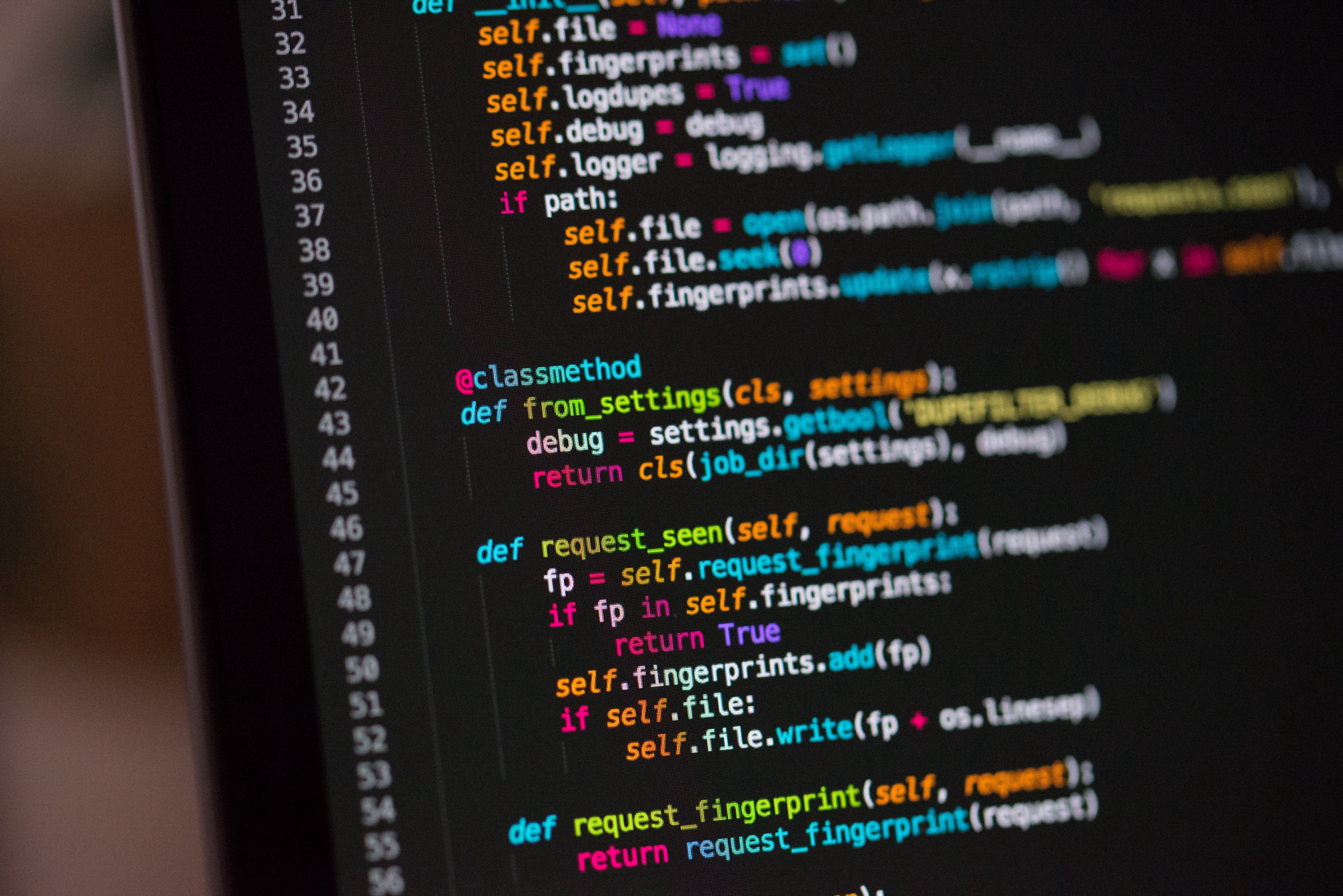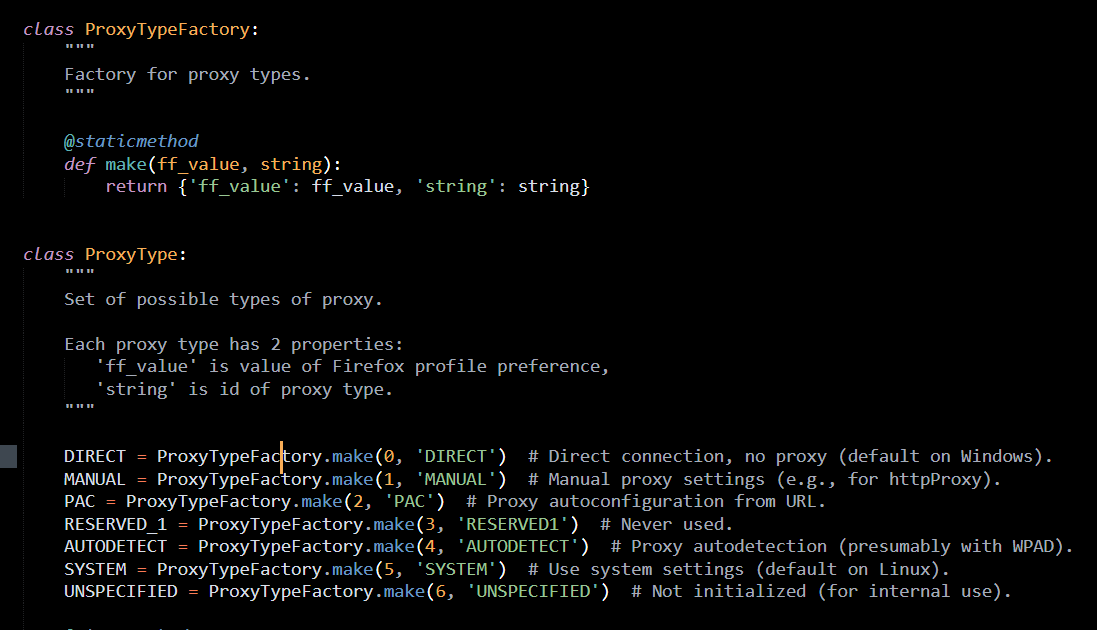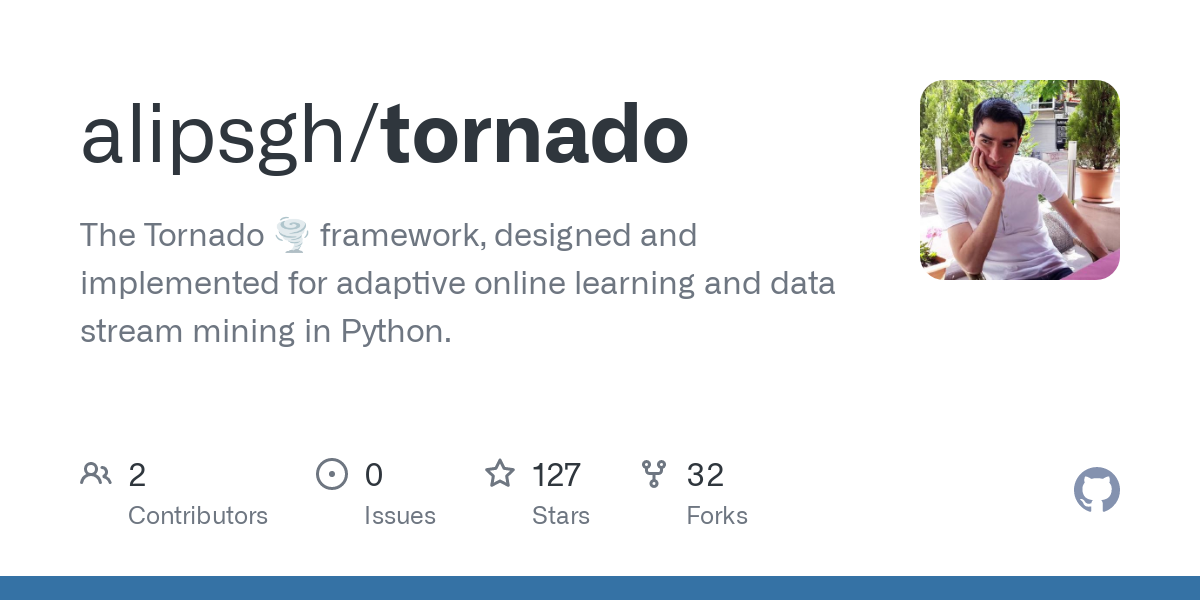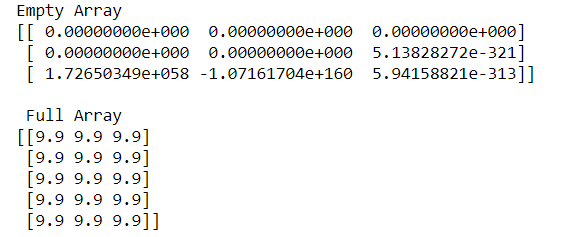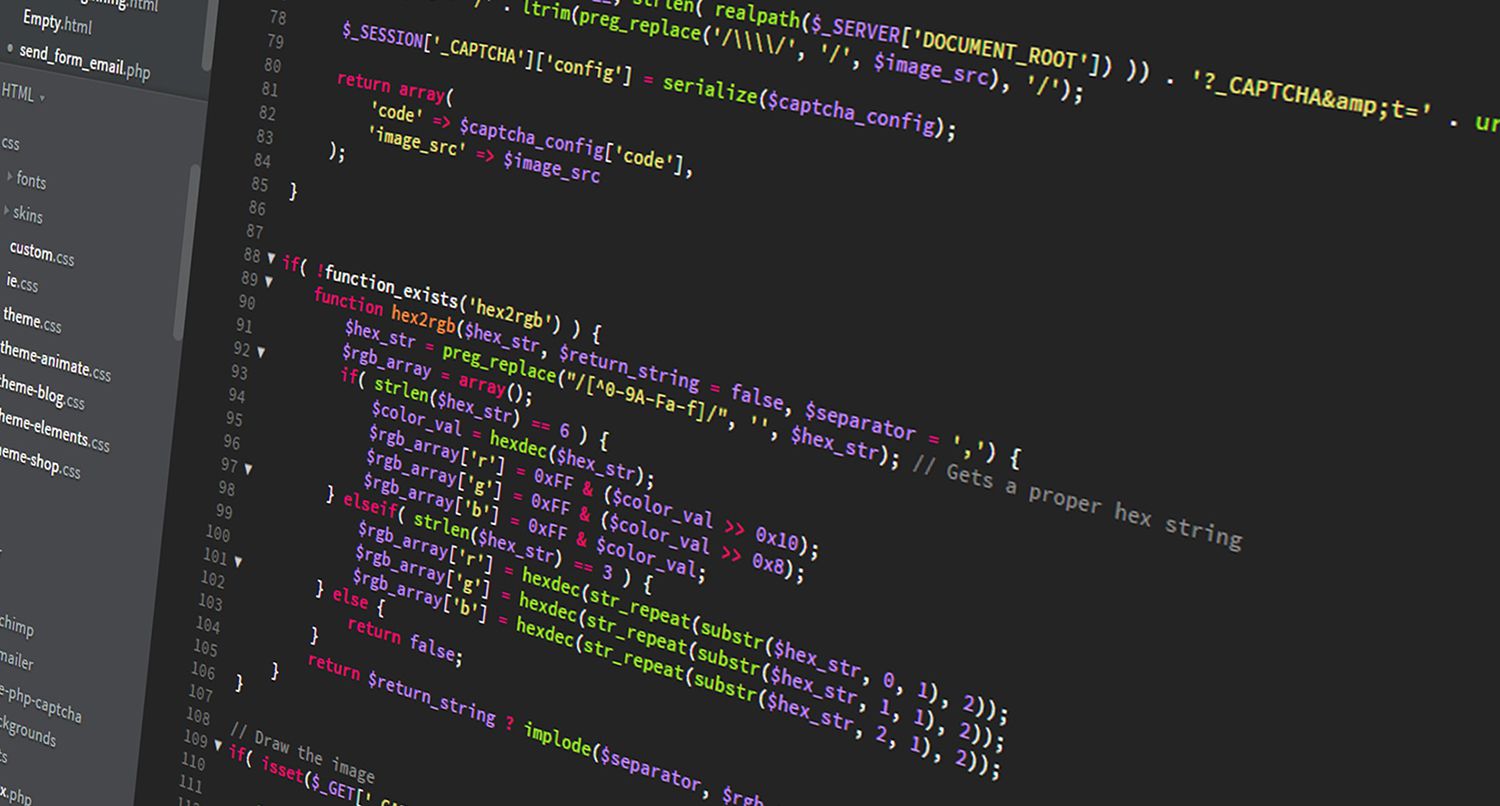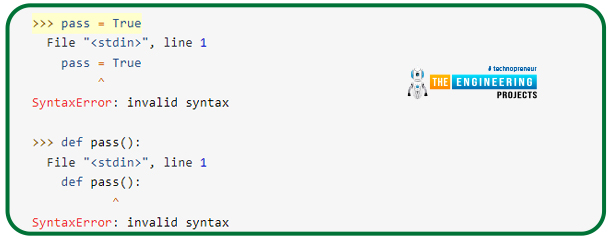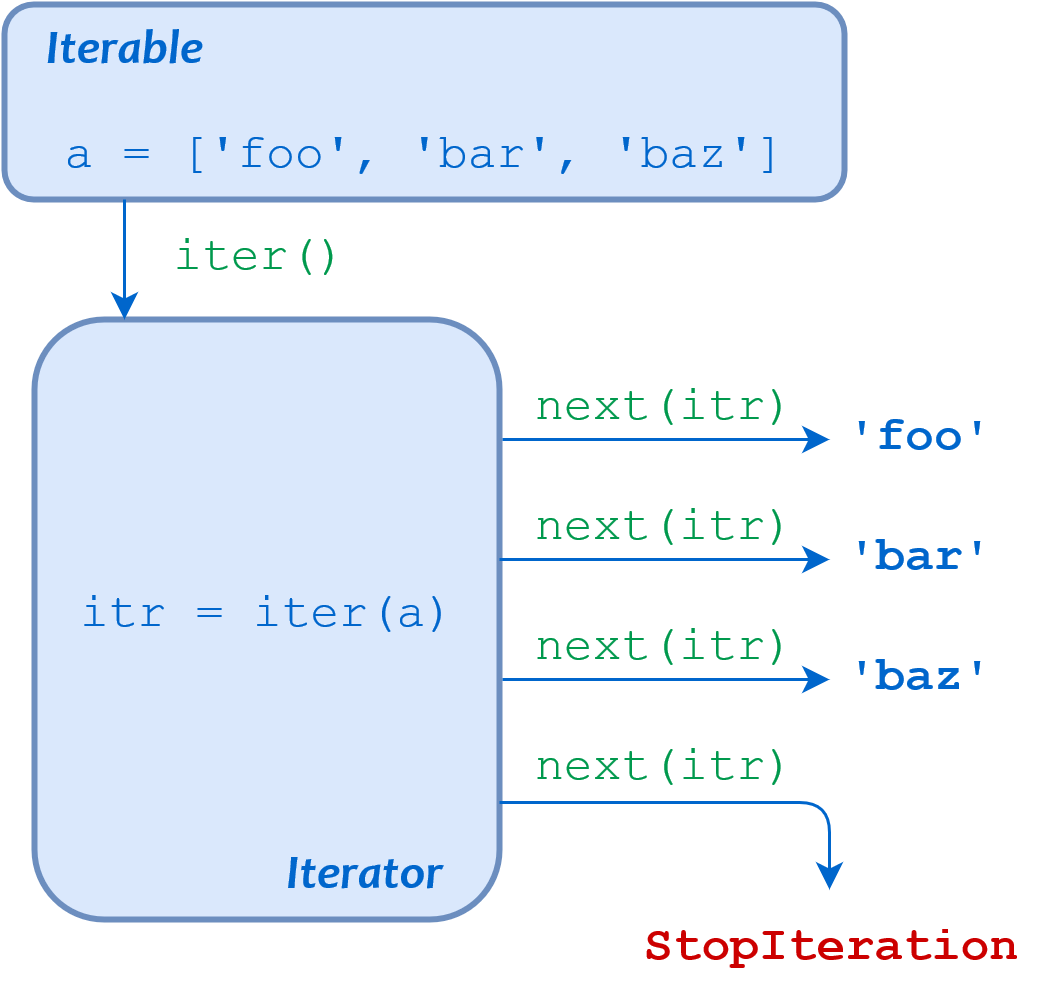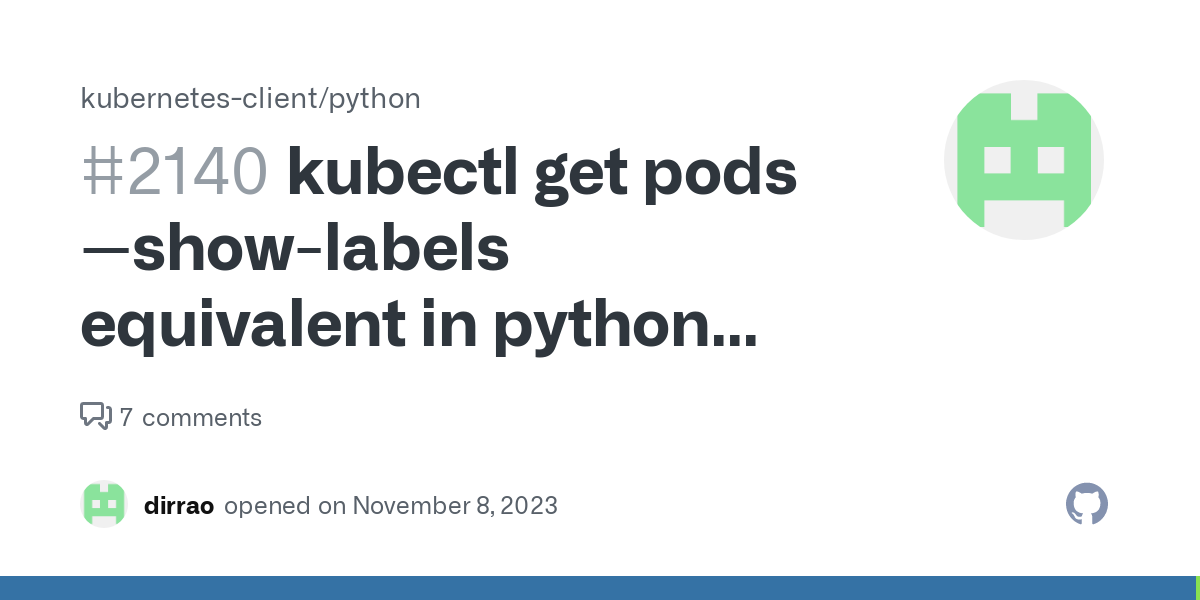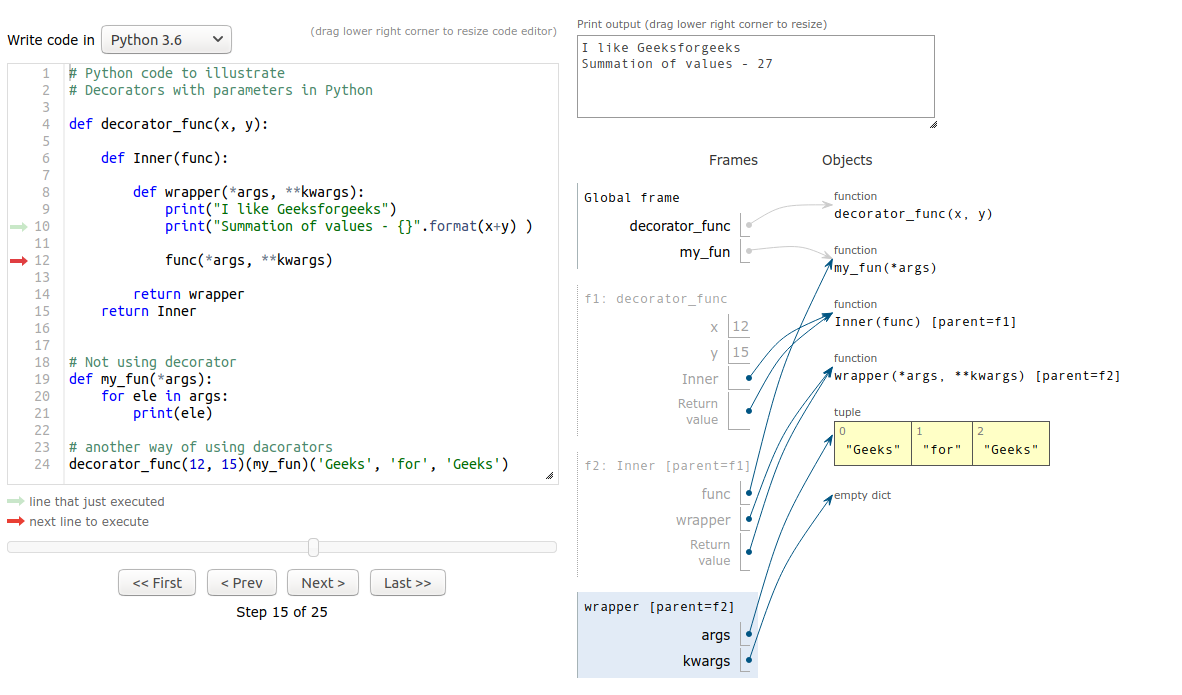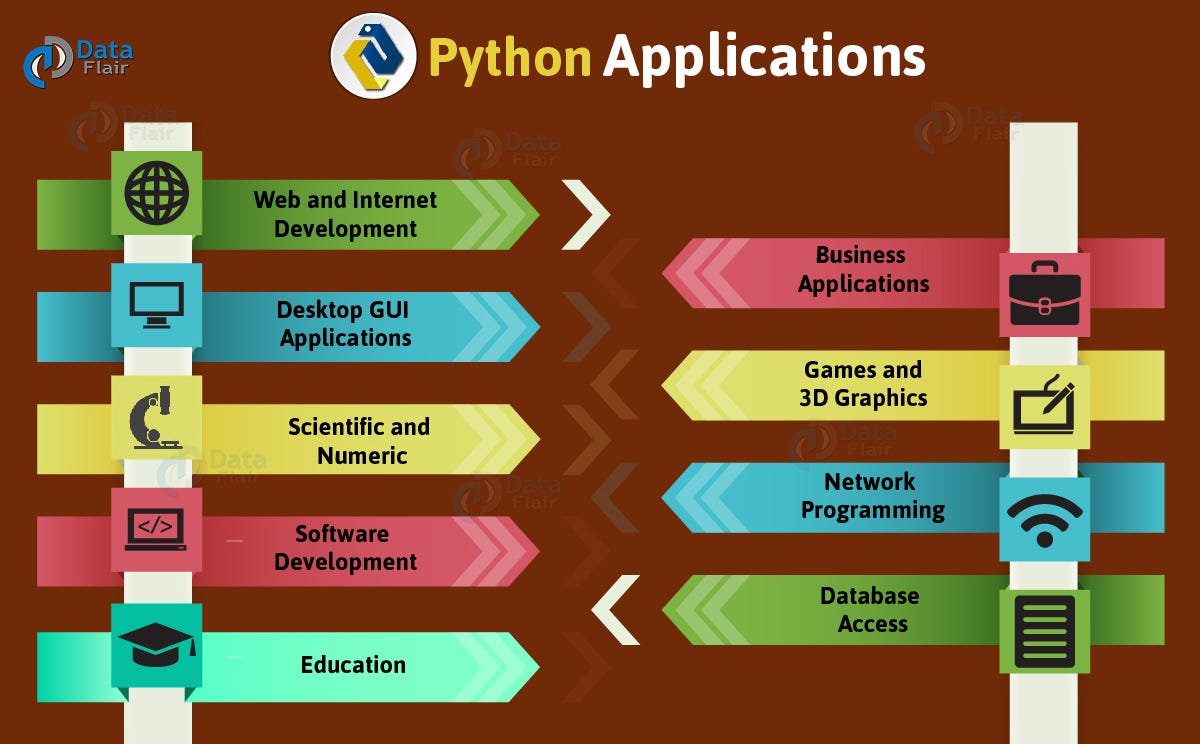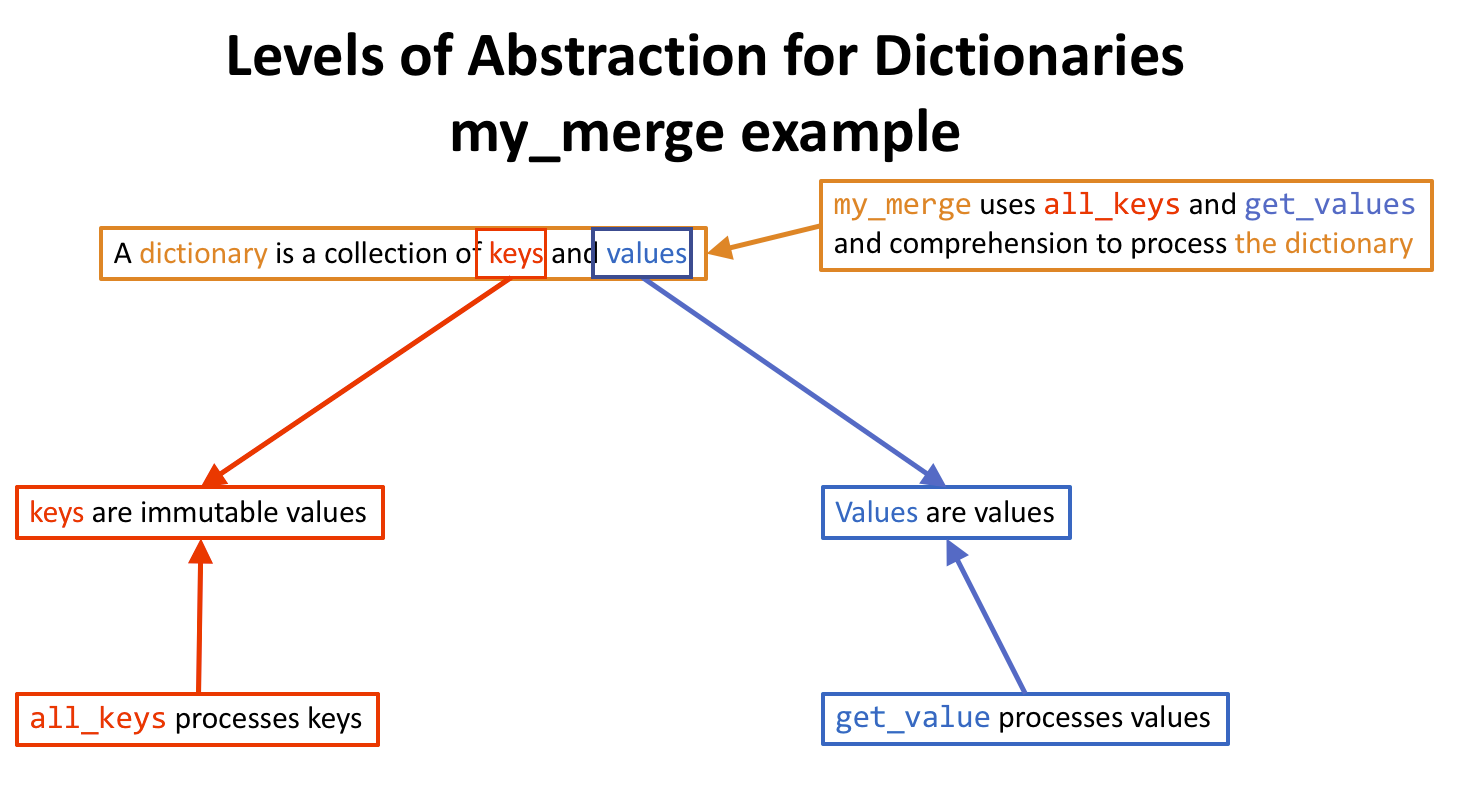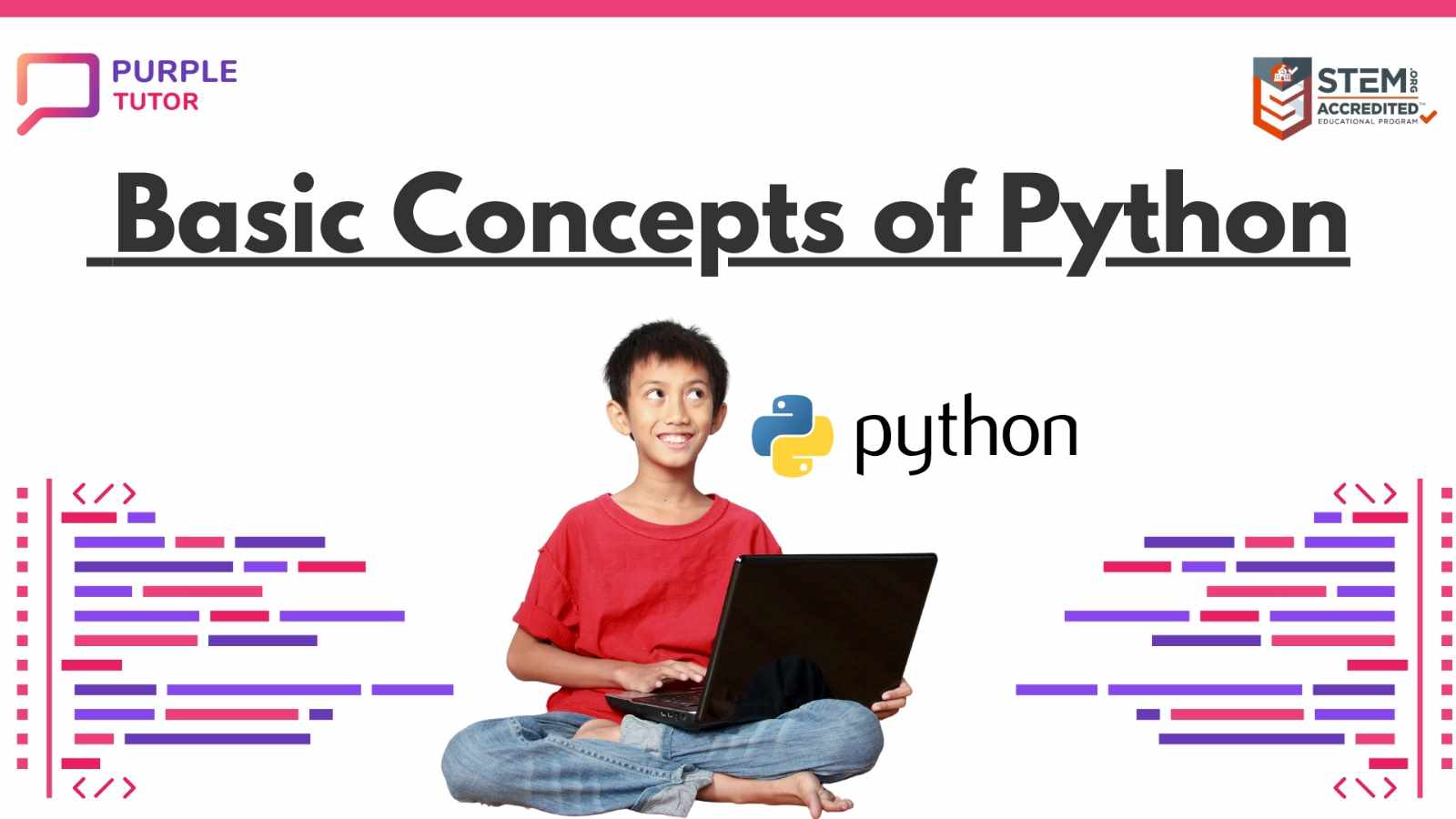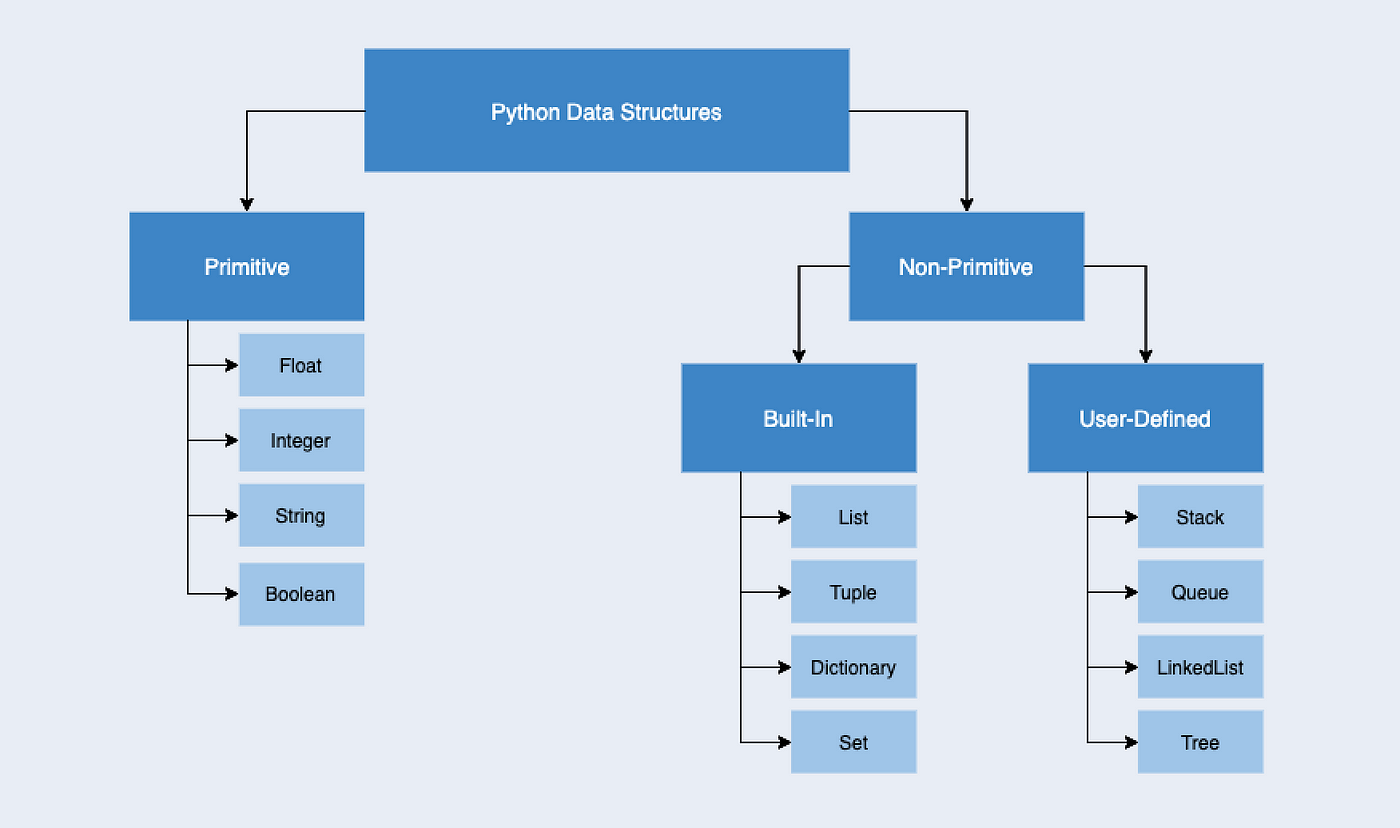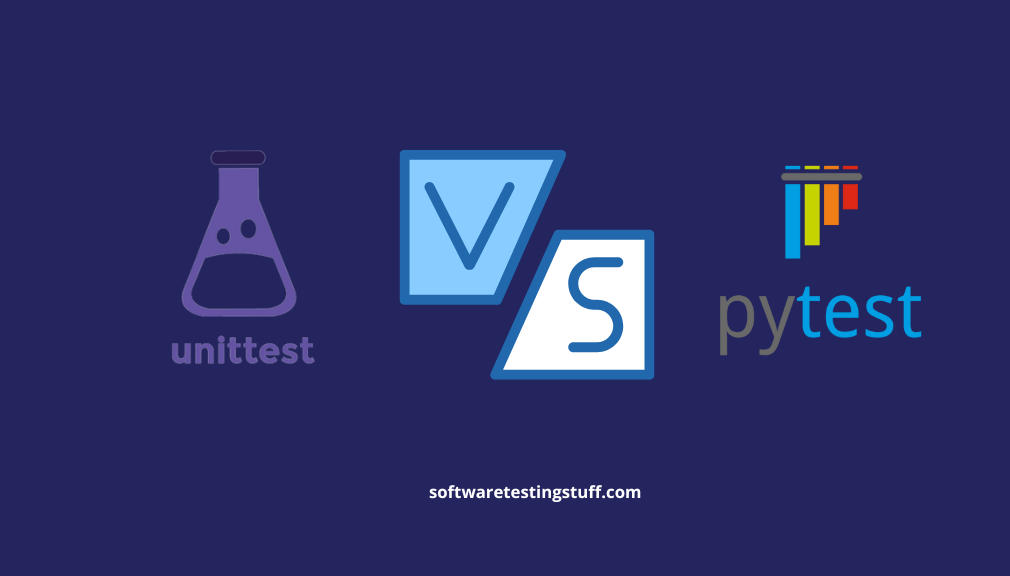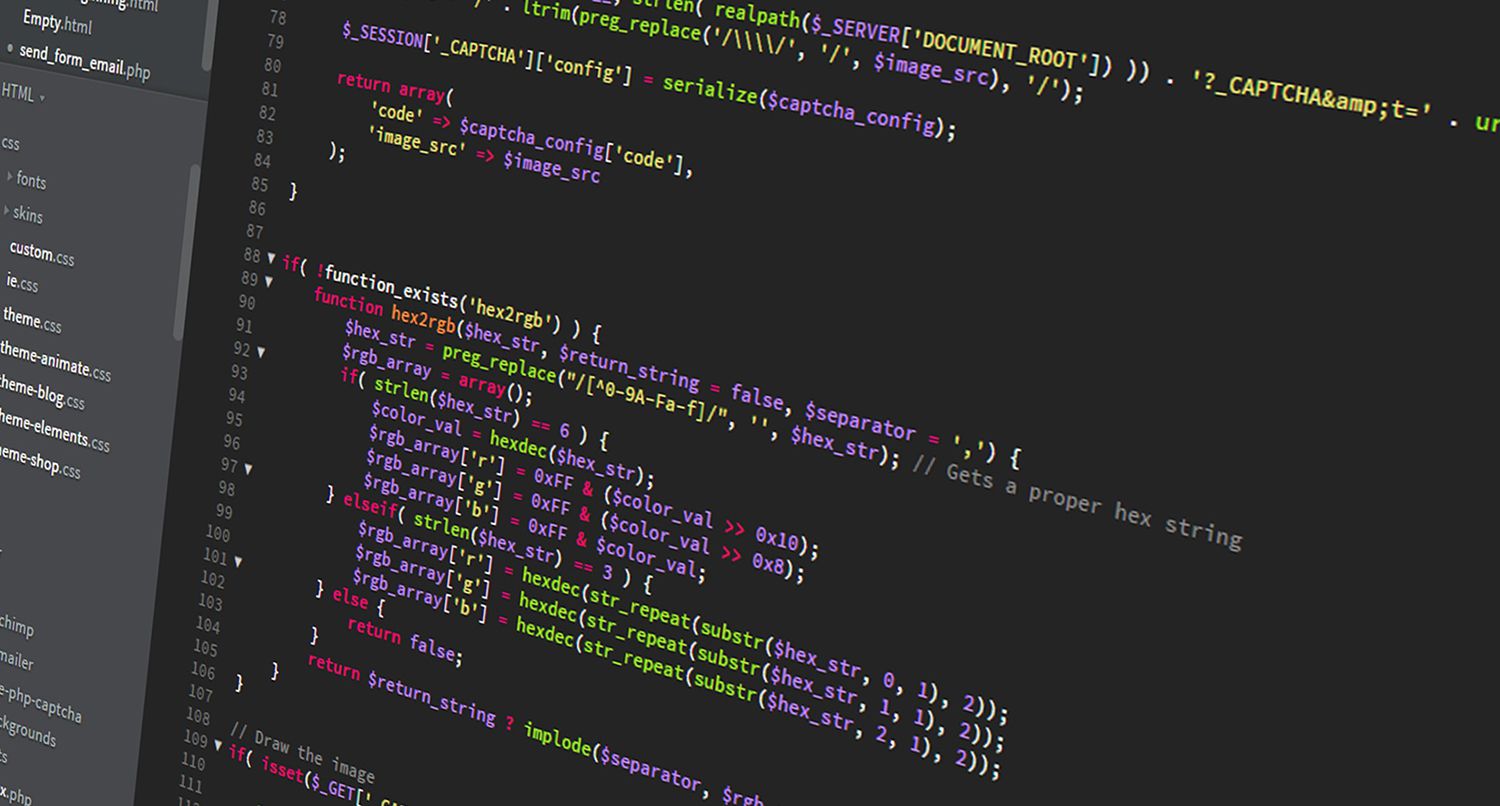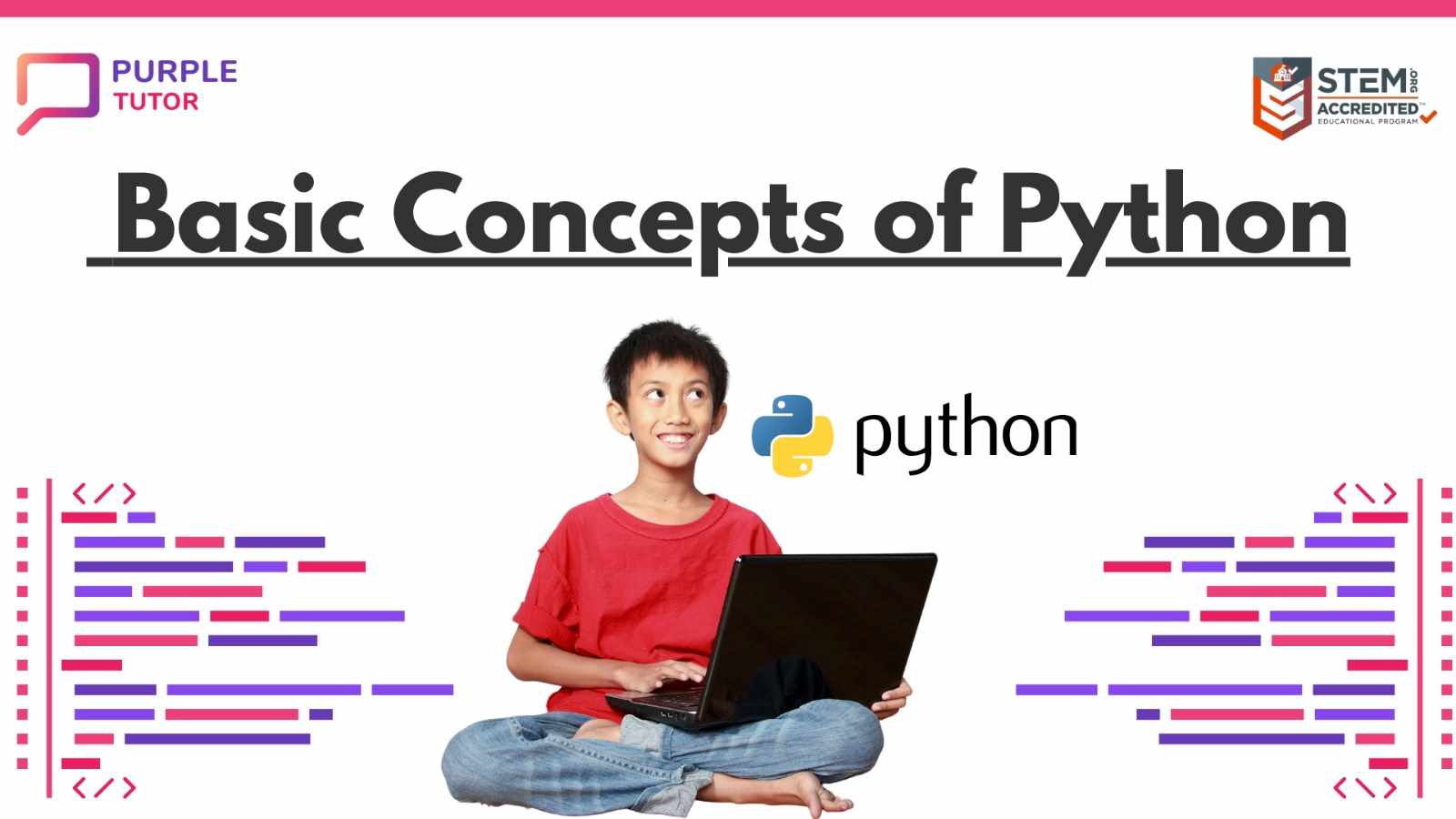Does Cloud Functions support Python?
Does Cloud Functions support Python?
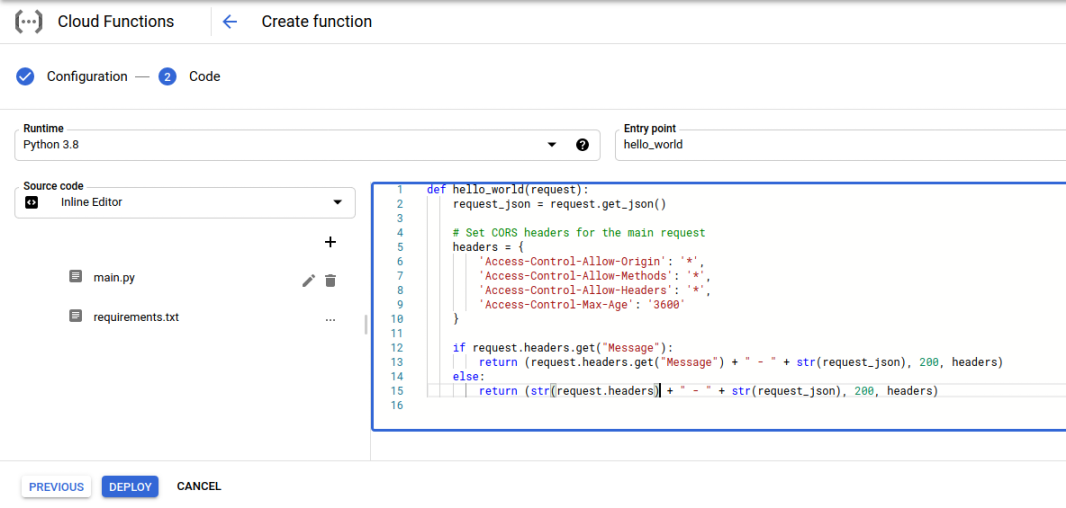
Cloud Functions, a serverless compute service offered by Google Cloud Platform (GCP), supports several programming languages, including Python.
In June 2018, GCP announced that Cloud Functions now supports Python as an official runtime language. This move marked another significant step forward in the development of serverless computing, as it allowed developers to leverage their existing knowledge of Python to build cloud-native applications.
With Python support, Cloud Functions can handle a wide range of workloads, from simple tasks like image processing or data manipulation to more complex tasks such as natural language processing or machine learning model training. Developers can now write Cloud Functions in Python using the familiar syntax and structures they're used to, making it easier to adopt serverless computing and integrate their existing applications with GCP.
Some key features of Python support in Cloud Functions include:
Python 3.x: Cloud Functions supports Python 3.x, which means you can leverage the latest language features and improvements. Libraries and frameworks: You can use popular Python libraries and frameworks like NumPy, pandas, scikit-learn, TensorFlow, and more to build complex data processing pipelines or machine learning models. Cloud-based services: Cloud Functions provides seamless integration with other GCP services, such as Cloud Storage, Cloud Firestore, Cloud SQL, and BigQuery, allowing you to easily interact with your data and leverage the cloud's scalability and reliability. Auto-scaling and cold start: Just like with Node.js and Java, Python functions in Cloud Functions support auto-scaling and cold start, ensuring that your functions can handle spikes in traffic or sudden bursts of activity without affecting performance.To get started with Python on Cloud Functions, you'll need to:
Create a new Python project using your preferred IDE (Integrated Development Environment) or a code editor. Write a Python function that performs the desired task, such as image processing, data manipulation, or API call. Package your code as a ZIP file, which will serve as the entry point for your Cloud Function. Deploy your ZIP file to Cloud Functions using thegcloud functions deploy command.
Once deployed, you can test and verify your Python function's performance, scalability, and reliability using the GCP console or API. With Python support in Cloud Functions, you'll have a more versatile and flexible serverless computing platform at your fingertips.
In summary, yes, Cloud Functions does support Python as an official runtime language. By leveraging the power of Python and the scalability of Cloud Functions, you can build efficient, cost-effective, and highly available applications that can process large volumes of data or handle high traffic loads without worrying about the underlying infrastructure.
Can I use Python in Google Cloud?
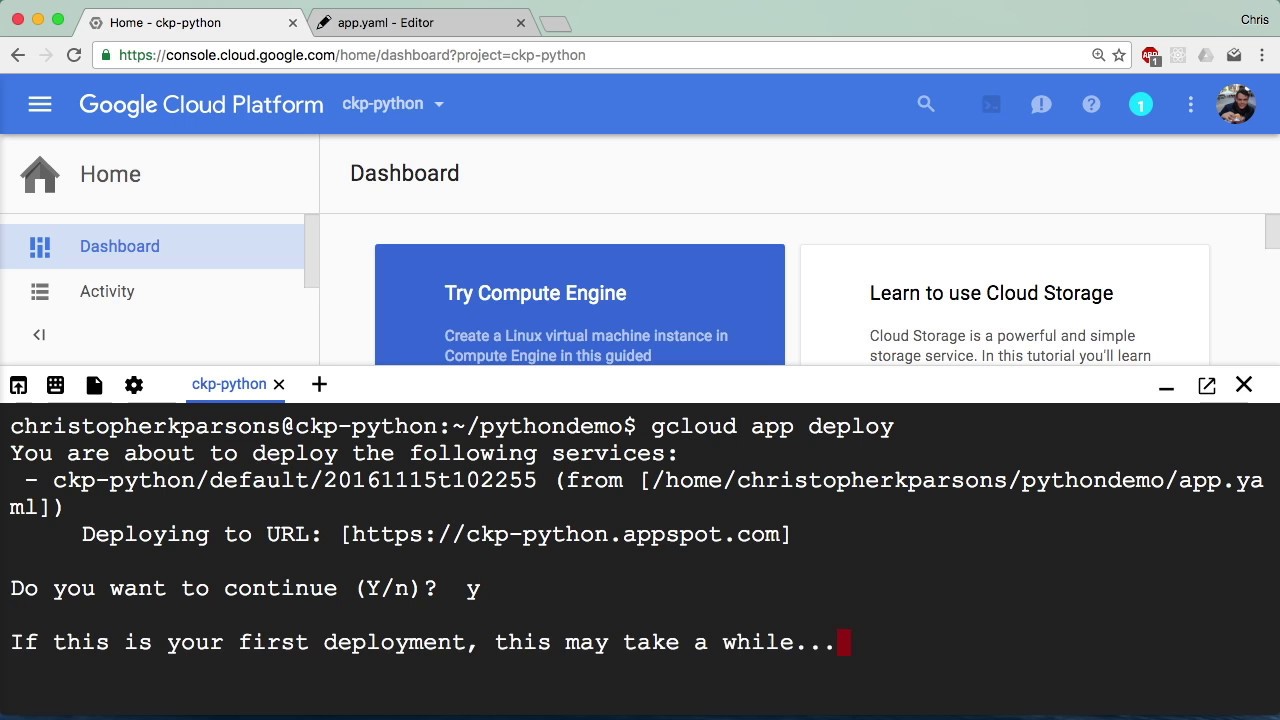
I'm happy to help you with that!
Yes, you can definitely use Python in Google Cloud! In fact, Google Cloud provides several ways for you to leverage Python's power and flexibility when building cloud-native applications.
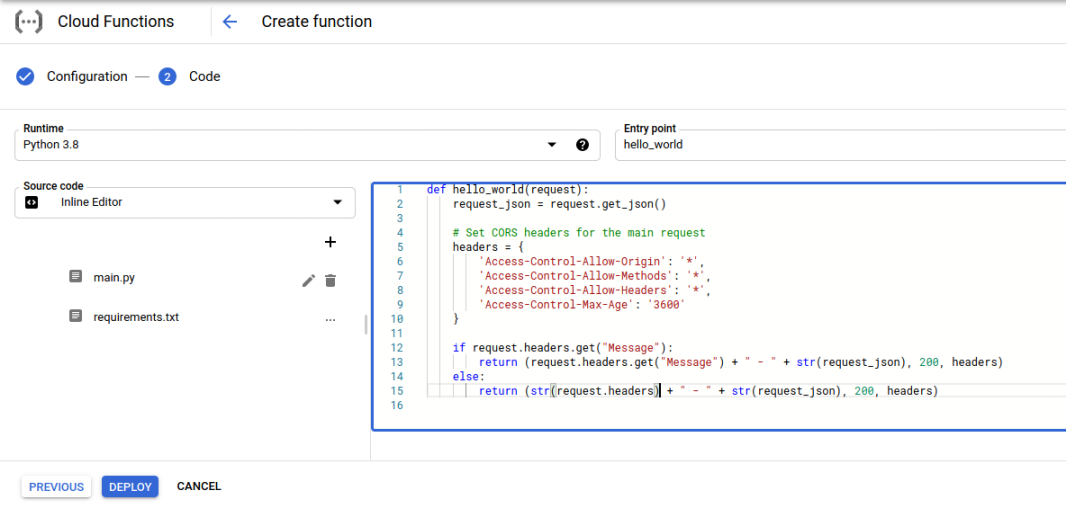
Google Cloud AI Platform
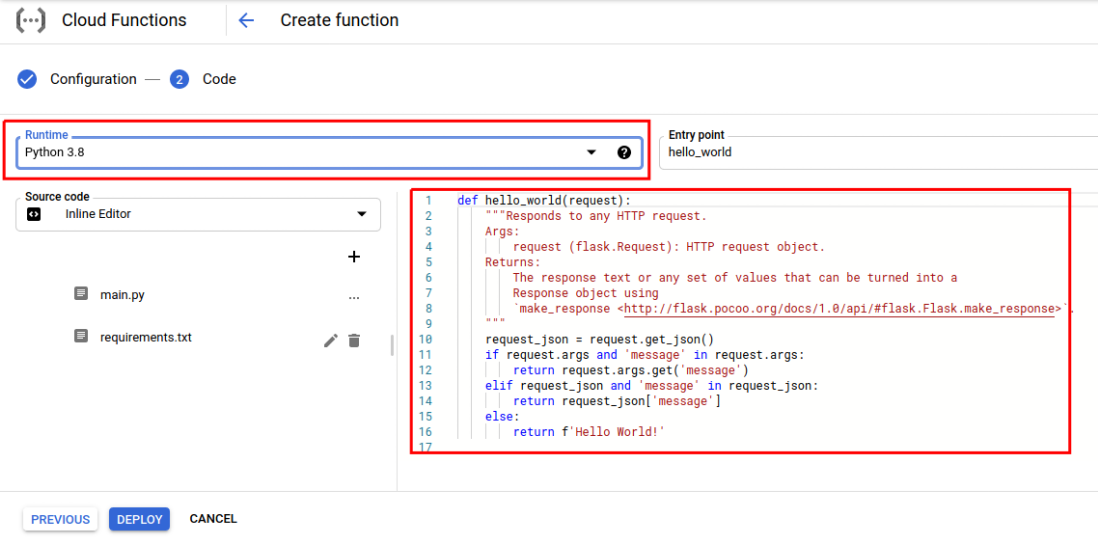
The Google Cloud AI Platform is a managed service that allows you to build machine learning (ML) models using popular frameworks like scikit-learn, TensorFlow, or PyTorch. You can use Python to create custom ML workflows, and then deploy them in the cloud using this platform.
Google Cloud Functions
Google Cloud Functions is an event-driven compute service that lets you run small code snippets (up to 128MB) on demand. You can write these code snippets in Python, and trigger them based on specific events like HTTP requests, changes to Cloud Storage, or Pub/Sub messages.
Google App Engine
The Google App Engine is a full-fledged platform for building web applications. It supports the use of Python as one of its programming languages (alongside Java). You can write your Python code in a familiar environment using the standard library and popular frameworks like Flask or Django.
Cloud Run
Cloud Run is a fully managed service that allows you to run containerized Python applications at scale. This means you can build, deploy, and manage complex applications with ease, without worrying about infrastructure provisioning or scaling.
Google Cloud SDK
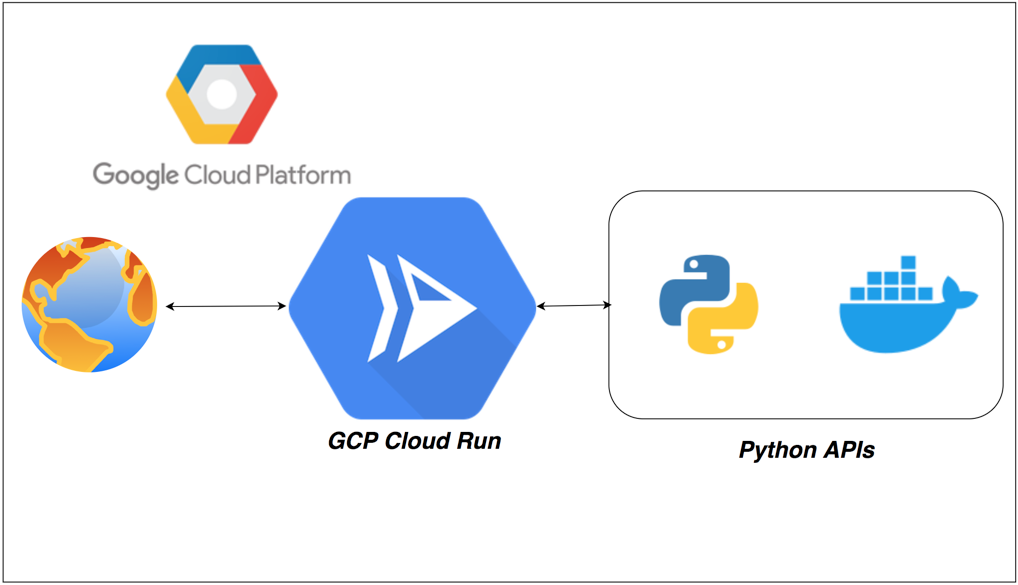
The Google Cloud SDK (Software Development Kit) provides tools for building cloud-native applications using Python. It includes command-line interfaces for managing your projects, resources, and data, as well as libraries for interacting with various Google Cloud services like Storage, Bigtable, or Spanner.
In summary, you have multiple options to use Python in Google Cloud, depending on your specific needs:
AI Platform: for machine learning workflows Cloud Functions: for event-driven compute tasks App Engine: for building web applications Cloud Run: for deploying containerized applications Cloud SDK: for managing and interacting with various cloud servicesSo go ahead, pick the option that best fits your use case, and start leveraging Python's power in Google Cloud!
